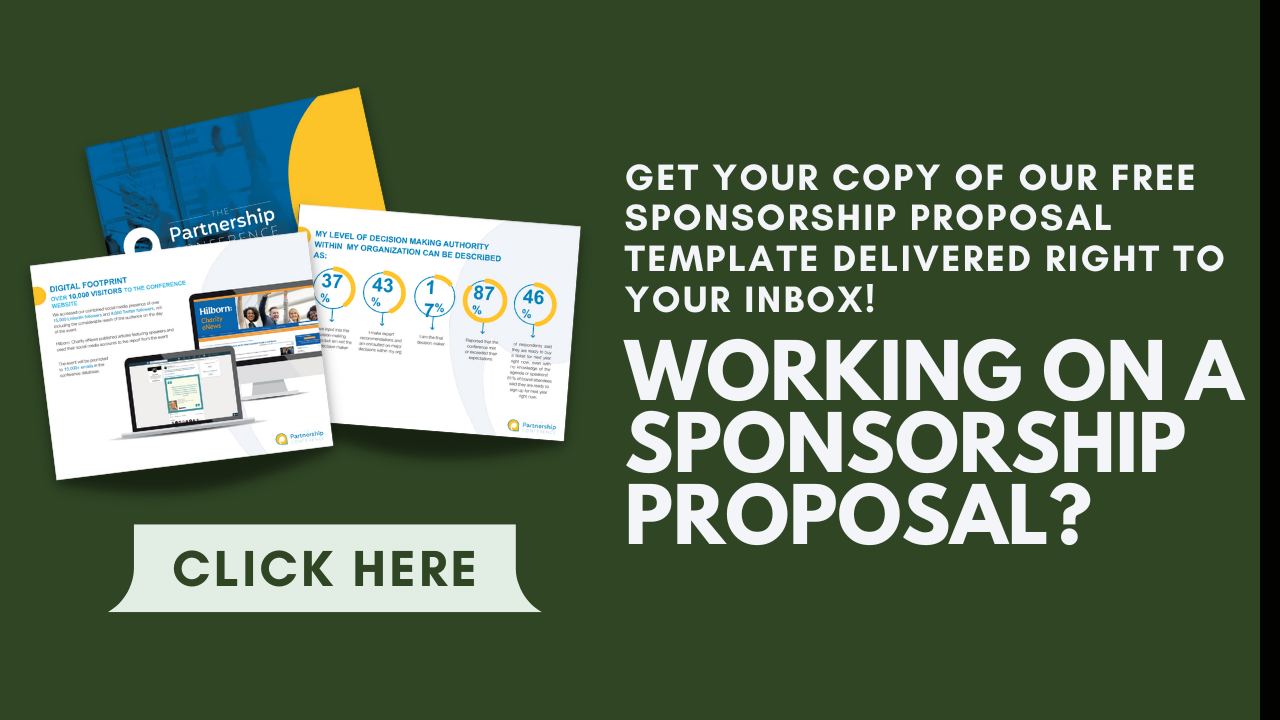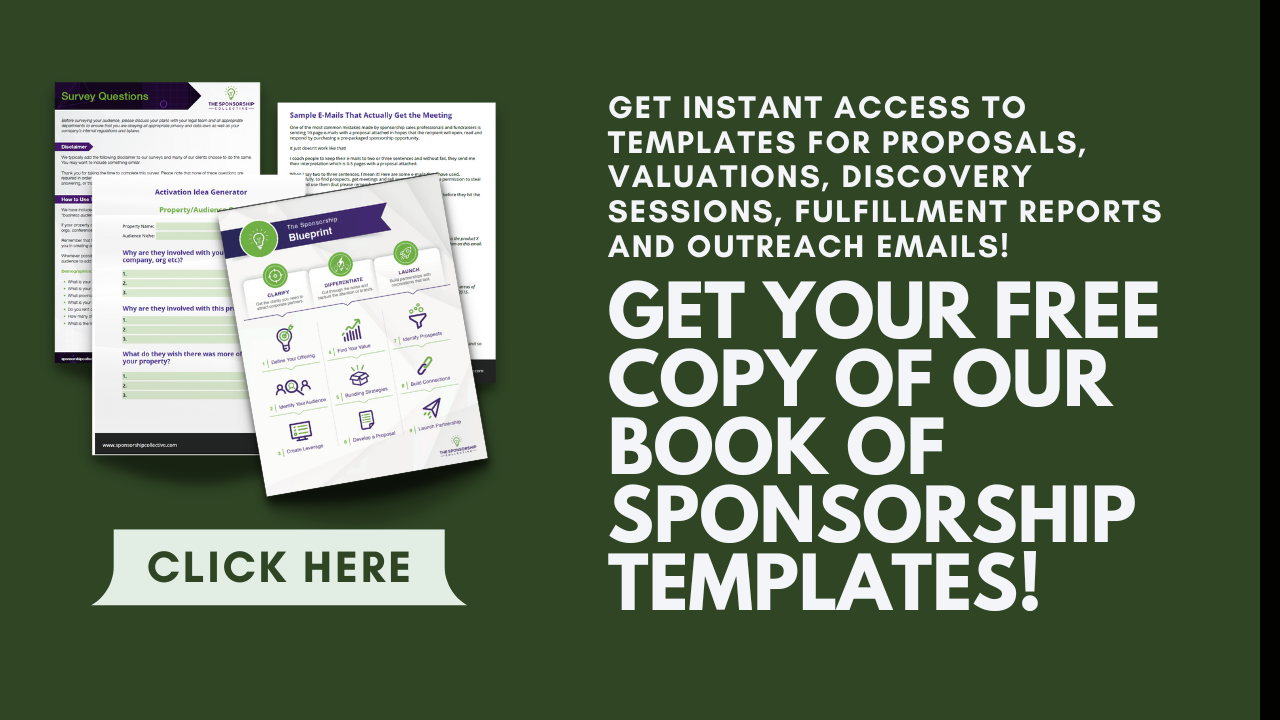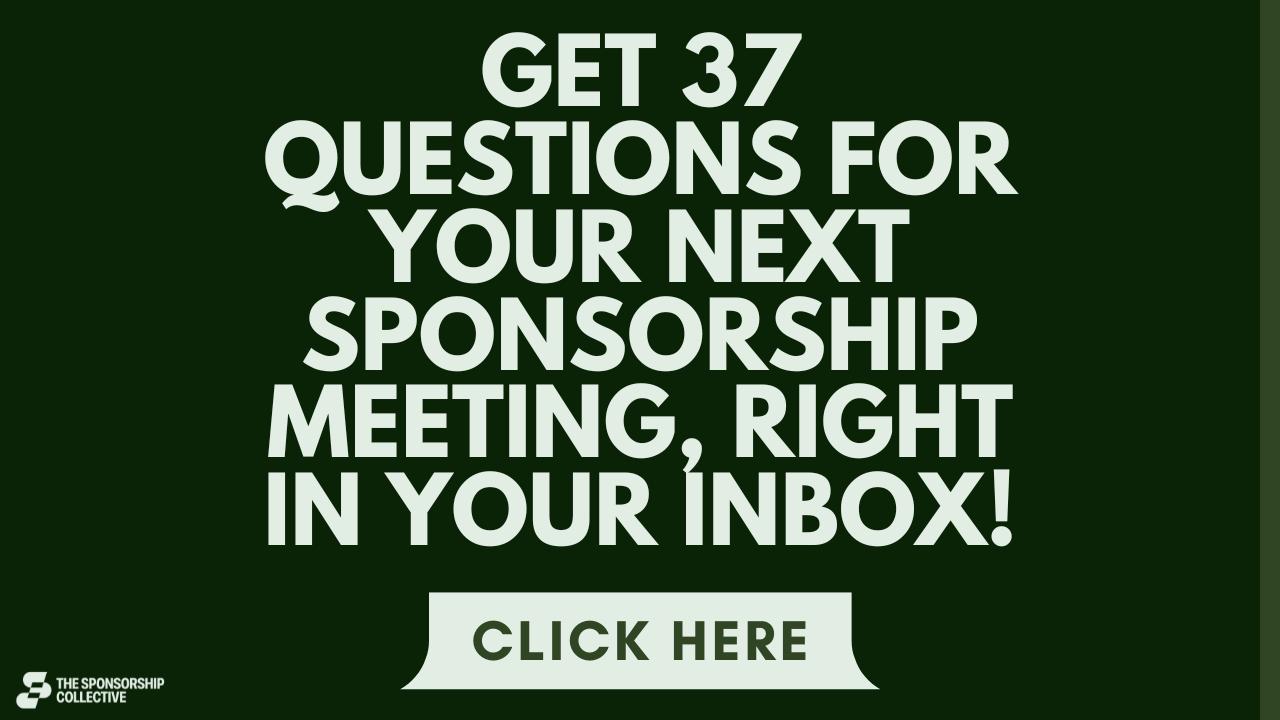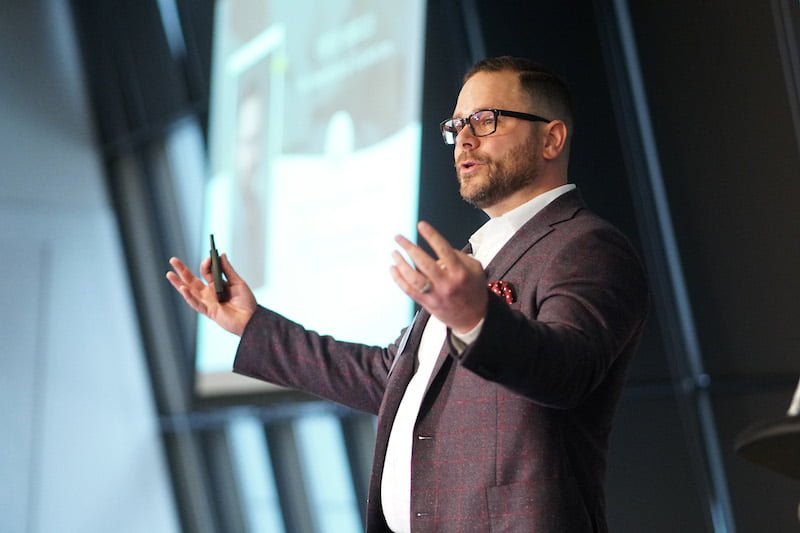Before you dive in, if you are interested in podcast sponsorship, check out these titles in our “sponsorship for podcasters” series:
- Resource Page for Podcast and Influencer Sponsorship
- The Complete Guide to Podcast Sponsorship
- How to Grow a Podcast: 10 Ways to a Bigger Following
- How to Get Sponsorships for Podcasts: 6 Steps to Success
- Maximizing Sponsorship Opportunities for Your Podcast
According to a May 2023 Variety article, podcast advertising revenue in the United States will hit $2.3 billion that year, an increase of 25 percent. As podcasts become bigger draws, more hosts wish to begin working with sponsors. However, inexperience can lead to mistakes. What are the most common podcast sponsorship errors?
Here are 7 avoidable podcast sponsorship mistakes:
- Treating sponsorship like advertisement
- Accepting any interested sponsor
- Not knowing anything about your audience
- Missing discovery
- Failing to value your podcast
- Not measuring deliverables
- Letting sponsors go after one stint
These are very costly mistakes if you’re hoping to grow your podcast through sponsorship, but fortunately, many are easily reversible. I’ll tell you how ahead, so don’t miss it!
The Top 7 Biggest Podcast Sponsorship Mistakes
1. Treating Sponsorship Like an Advertisement
Listen to any podcast, and it’s only a matter of time before you’ll hear the words, “and now, a word from our sponsors.”
This has led many podcast hosts to assume that sponsors serve one purpose in the podcast sphere: advertising.
Is that also how you think? It’s okay, as you probably know little about sponsorship by default. Perhaps you know nothing, but you want to learn before you begin pursuing sponsorship agreements.
A sponsor is not an advertiser. An advertiser is an advertiser. Instead, a sponsor is a company or individual (although often a business) interested in marketing outcomes. You know, like ROI, conversions, subscribers, and sales.
You don’t have to be a professional marketer to know what increases audiences and gets them engaged with a product or service. You already know if you have a successful podcast.
When you think of it like that, you can see that sponsored advertisements are not a very useful asset to offer. What will a commercial do for a sponsor’s long-term goals?
Well, it will drive up brand awareness, but that’s about it. Brand awareness is very often at the very bottom of a sponsor’s list of marketing objectives. It might not even be on the list at all.

After all, brand awareness doesn’t necessarily lead to more website clicks. It doesn’t convert leads to customers, make sales, or put money in the sponsor’s pocket.
You need to think bigger if you want to begin attracting sponsors. Perhaps you can have a sponsor as a guest on your next episode. Maybe you host a contest where the sponsor gives away a product or service as the prize.
These kinds of ideas drive marketing outcomes, as they achieve more than brand awareness. They’re the beginning of the road to successful podcast sponsorship.
2. Accepting Any Interested Sponsor
It’s an exciting day as a podcast host when you get approached by your first potential sponsor. It’s a sign you’ve made it, right? After all, who wants to search for sponsors when you can have them banging down your door because your show is that big?
I definitely understand the appeal, but that doesn’t mean you should accept every sponsor who asks.
Your podcast is a brand. Like any brand, it has values, preferences, and drives. Selecting a podcast sponsor based on none of the above will have disastrous consequences.
Your audience is surely going to wonder why you’re going against your values by supporting the sponsor. Maybe they can forgive this if it’s an isolated incident, but if it happens often enough, that’s a different story.
Your audience will become curious about what motivates you to accept sponsorships, as there seems to be no rhyme or reason to it. Once they realize you’re primarily tempted by the almighty dollar and value that above your brand’s morals, they’ll bail.
Does that mean you can only work with brands that fit your podcast genre? No, certainly not. However, you have to ask yourself, “how well does this partnership align with my brand?” before accepting offers.
3. Not Knowing Anything About Your Audience
If you’re in doubt about whether to work with a sponsor, I always recommend allowing your audience to be your guide. However, that’s awfully difficult to do if you know little to nothing about your audience.
How many listeners do you have? How do they break down by detailed parameters, such as borough or neighborhood in a city, job titles under occupation, or specific brand preferences?
This might seem like nitpicking, but it’s anything but. This kind of highly detailed information is very important to sponsors, especially in podcasts, where your audience is so important. You must be able to tell your sponsor everything they could want to know about your audience.
It’s not enough to say 4,500 people tuned in last week and 6,000 people this week. That’s decent info to start with but dig way deeper to get to the good stuff.
You might not have detailed information handy, and that’s okay. I recommend sending your listeners a survey to expand your knowledge. Here are some questions you can ask on the survey.
Make sure you give your listeners the chance to win something, such as a gift card, for participating. That will increase participation.
4. Missing Discovery
You now know better than to offer a potential sponsor an advertising slot on your podcast, but the question becomes, what’s more suitable instead? I recommended contests and interviews, but those are just loose ideas.
The only way to ensure the kinds of activations and assets that would interest your sponsor is to have a discovery meeting.
The discovery meeting is a chance to uncover a sponsor’s challenges. Remember, you’re entering a marketing transaction with the sponsor. That means the sponsor will give you money or promotions (sometimes both) in exchange for your marketing outcomes.
You can’t create targeted marketing outcomes that make a difference to a sponsor’s bottom line without the full picture. However, many sponsorship seekers gloss over discovery because they don’t know any better or have stock sponsorship packages ready.
That’s why advertisements remain the most common podcast sponsorship deal. They’re the mark of an amateur, and sponsors prefer working with consummate professionals.

Of course, a discovery session doesn’t just happen. You must ask the right questions of the sponsor without feeling like you’re poking and prodding too much. You’re in the unique position as a podcast host of excelling in these situations, as you’ve likely had your fair share of hard-hitting interviews.
You shouldn’t struggle to come up with questions that dig deep into the sponsor’s goals, difficulties, and roadblocks. You’ll know how to insert these questions into the conversation. That already puts you head and shoulders above most sponsorship seekers in your position.
Once you have this information, it’s time to put on your thinking cap and create ways to align your podcast’s output with the sponsor’s goals. What can you offer them that will help them achieve their objectives?
5. Failing to Value Your Podcast
Upon answering that question, it’s time to move on to the valuation phase.
What in the world is valuation, you ask? Well, you’ve already taken the time to learn about the sponsor and create targeted solutions for their problems. Valuation tells you the monetary value of those solutions.
It’s your job to value your sponsorship opportunity and no one else’s. You can’t expect a sponsor to say, “hey, I should pay you $20,000 more than what you’re asking for.”
Of course, they’re not going to do that. They can get valuable assets for way less.
So how do you value your podcast sponsorship property? You have to look at every activation and asset in the property, research the market value, then compare that against your value.
As a podcaster, you can charge more for interview slots or broadcasting opportunities than a sponsorship seeker in another industry. However, you might not charge as much for social media opportunities.
Yes, valuation does require self-honesty. Sponsors will turn you away if you pump up the cost of all your assets just to nickel and dime them.
However, don’t drop your prices too low to make the deal. You don’t benefit from that.
6. Not Measuring Deliverables
It’s all about deliverables in sponsorship. A deliverable is any measurable outcome you achieve for a sponsor, such as activations and assets.
For example, let’s say you had an interview with a sponsor. Great! What happened as a result? Did the sponsor get more website traffic? More leads or conversions? More sales?
You must measure these things. You’ll recall that sponsors want marketing outcomes, and it’s impossible to quantify something as an outcome without tracking it.
Imagine not tracking your podcast’s listenership week after week. You couldn’t bear the thought, right? You must meticulously track your assets and activations the same way.
I recommend putting everything into a wrap-up report after the sponsorship arrangement concludes. In the report, you can outline all you said you’d achieve for the sponsor, then go into detail about whether you did it.
Deliver the report to the sponsor and invite them to have a meeting about it. The candid conversation that results can make you a better sponsorship seeker. You’ll learn what you did well and how you can improve next time.
It’s also handy to have deliverables on paper for future sponsorship opportunities. As your podcast begins growing and you expand on the sponsorships you accept, you can use past deals as case studies.
Having the data right in front of you due to your post-event reports makes it easy to compile it into a case study that proves your value.
7. Letting Sponsors Go After One Stint
Podcast sponsorship is very fluid. The duration of the deals isn’t as long as in other industries. For example, you might only work with a sponsor for five episodes. That’s five weeks if you produce one episode a week and less time if you have several shows per week.
Have you ever wondered how some podcast hosts have the same sponsor for months or even years? This doesn’t just happen. The podcast host asked for it.
Yes, that’s all there is to it. There’s no secret to longer-term sponsorship except being industrious and going after what you want. Well, that and continually providing value.
A post-event report, which I also call a sponsorship fulfillment report, will help you tremendously. You can use the meeting with the sponsor to open the door to a future working arrangement.
However, that doesn’t mean the sponsor necessarily will say yes. Sponsors want to work with brands that deliver and drive their outcomes. You have a higher chance of retaining a sponsor if you deliver most of what you promised.
Renegotiating a deal with a sponsor can work in several ways. You might decide to continue with the same arrangement for a longer period, or you could ramp up what you offer. If you do the latter, the deal should come with more money than the ongoing arrangement.

That requires you to expand your discovery, asking the sponsor about their new goals. You’ll also have to create new activations and assets to match these new goals and value your sponsorship property from scratch.
Even if you extend the deal between you and the sponsor, ensure you generate fresh audience data once every six months or so. You should also send your audience a new survey if you experience a substantial bump in listenership, which can happen if you begin working with enough sponsors.
Prioritize Your Podcast Sponsorship
Podcast sponsorship is far more than a commercial between breaks. Sponsors in the podcast sphere have challenges they need assistance with, the same as sponsors in any other industry. A discovery session with the sponsor will get to the heart of their goals and challenges and help you customize your sponsorship property.
Always use niche audience data, value your sponsorship opportunity, and put together a wrap-up report to track deliverables.
Do you need help getting your podcast sponsorship program off the ground? I can assist you with discovery, identifying your sponsorship roadblocks, learning to value, and more. Book a call with me today.
- About the Author
- Latest Posts
Chris Baylis is the Founder and Editor-in-Chief of The Sponsorship Collective.
After spending several years in the field as a sponsorship professional and consultant, Chris now spends his time working with clients to help them understand their audiences, build activations that sponsors want, apply market values to their assets and build strategies that drive sales.
Read More about Chris Baylis

